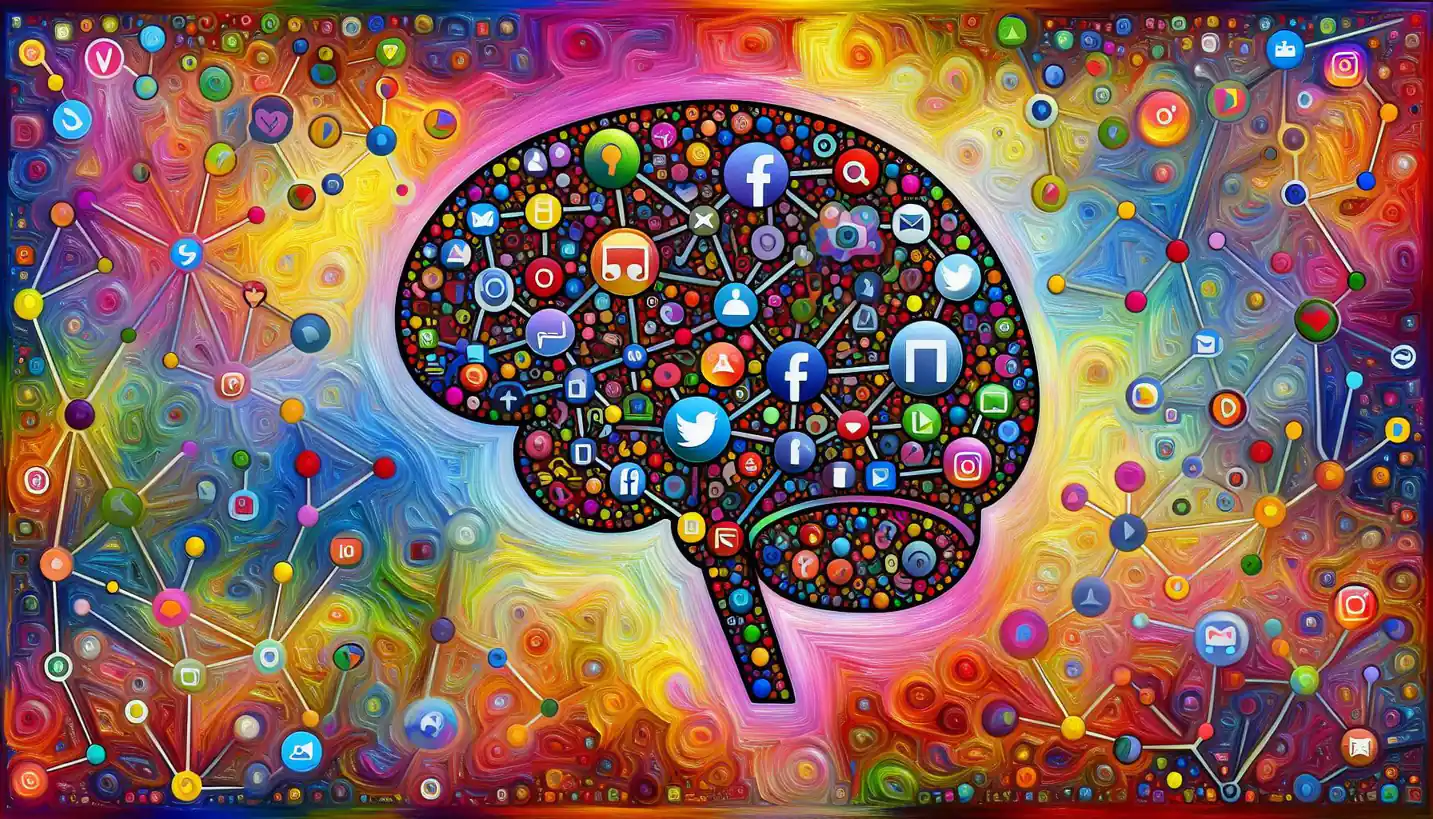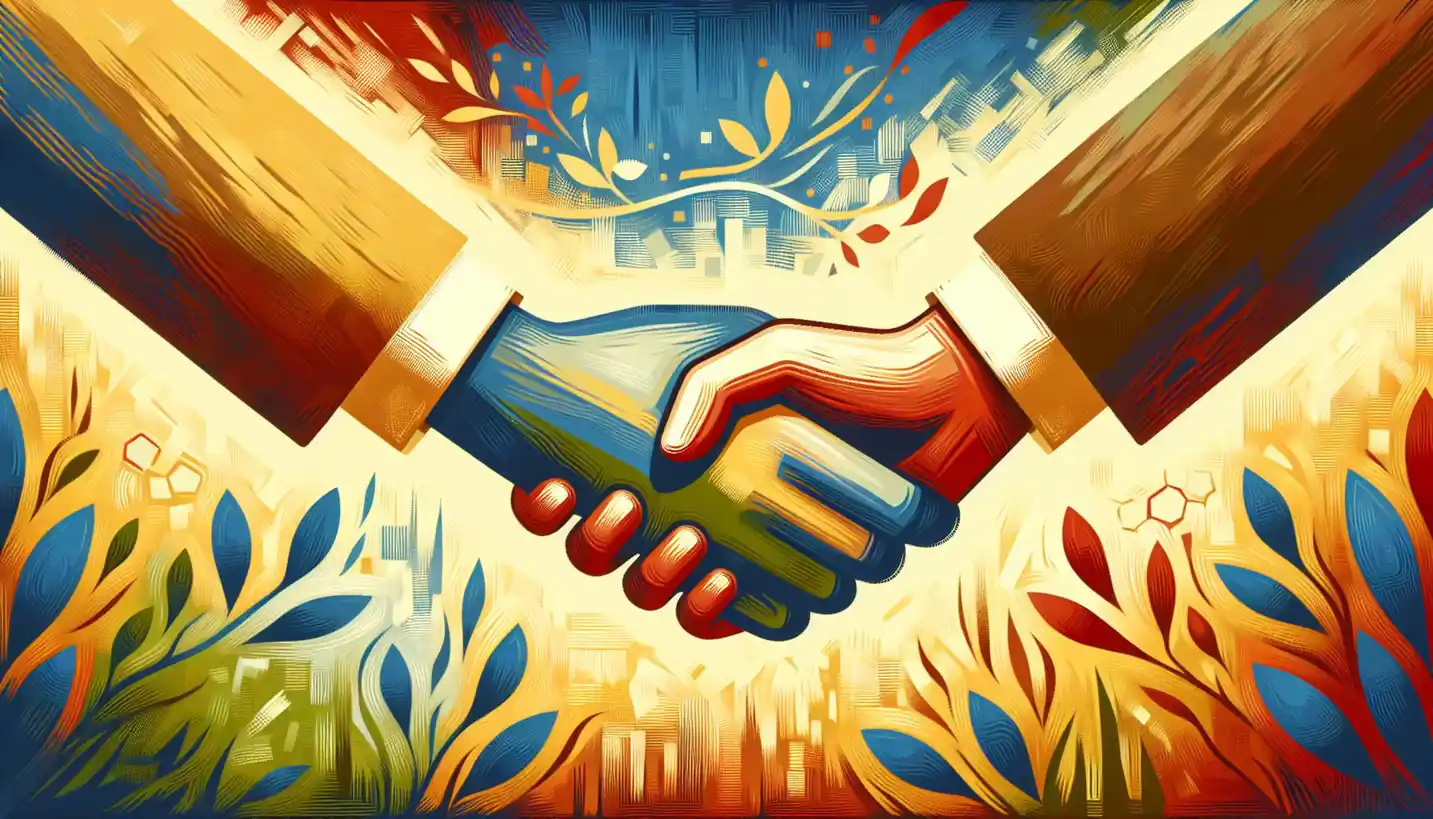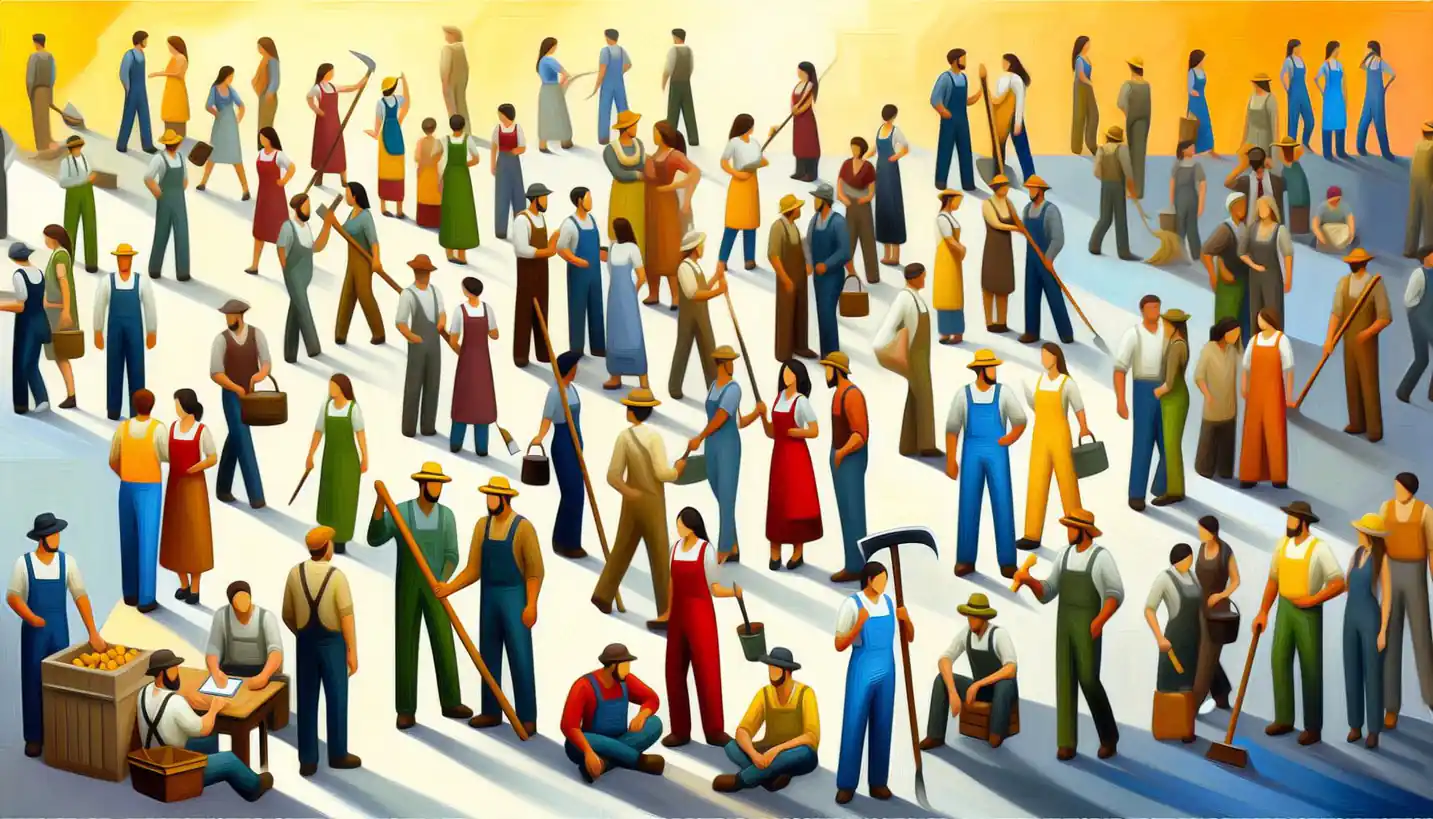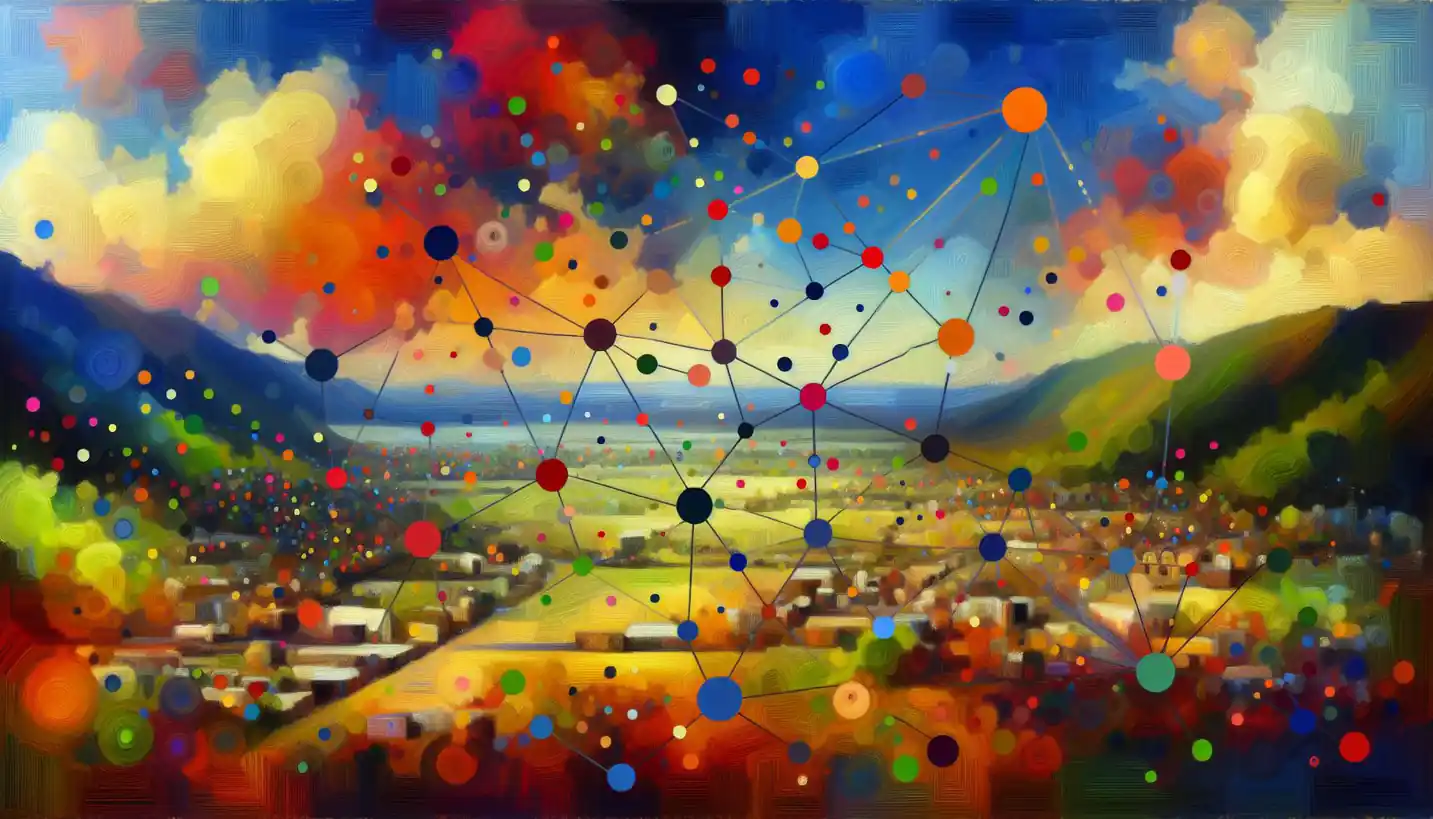· Sociology · 4 min read
Fictive Kin: Exploring Family Beyond Blood Ties
Fictive kinship allows connections beyond traditional blood ties. Discover how these relationships enrich our social worlds and redefine what family means.

In our world, families are usually defined by blood relations or through marriage. But what about those connections that feel like family but aren’t linked by these traditional means? That’s where the intriguing concept of “fictive kin” steps in. It’s like creating a family tree with branches that grow from friendship, commitment, and shared lives, rather than common ancestry.
Understanding Fictive Kin
Let’s think of fictive kin as friendships on steroids. These are relationships that, while not tied by blood, carry the warmth, support, and commitment you’d expect from family. They may arise from cultural traditions, social networks, or personal choices, becoming just as significant—if not more so—than traditional family ties.
The Origins and Role in Society
The term “fictive kin” is rooted in sociology and anthropology, where researchers observed that communities often establish these bonds to strengthen social support systems. Imagine a village where everyone refers to the village elder as “Uncle” or “Auntie,” regardless of actual relation. Here, fictive kin serve as a glue holding people together, providing a sense of belonging and community.
Modern Examples of Fictive Kin
Consider how this concept plays out today. Have you ever attended a “Friendsgiving,” where friends come together to celebrate Thanksgiving like a family? Or maybe you’ve referred to a close family friend as “Aunt” or “Uncle” without them being your biological relatives. These moments exemplify fictive kinship, where emotional ties transcend simple friendship.
Why Fictive Kin Matters
In today’s fast-paced world, people often move away from their families for work or personal reasons. Fictive kin can become crucial support systems, providing emotional or even financial assistance. They become chosen families, helping fill roles that might traditionally fall to relatives, especially in times of need.
How This Concept Shapes Our Lives
Fictive kinship can enrich our lives by creating supportive networks. They offer companionship, shared experiences, and mutual understanding without the complexities that sometimes come with biological family relationships. It’s like having a team of personal cheerleaders who choose to be there for you.
Challenges and Perceptions
While fictive kin offers numerous benefits, the idea might sometimes clash with traditional perspectives on family. Some cultures might place a strong emphasis on blood ties, viewing fictive kin as less legitimate. There’s also the challenge of ensuring these bonds are honored and not overlooked when it comes to matters like inheritance or medical decisions.
Evolution of Fictive Kin in the Modern World
As our social landscapes evolve, so too does the concept of family. People are more open to diverse familial structures, recognizing the importance of emotional connections over genetic links. The dynamics of fictive kinship are increasingly relevant in discussions about family diversity and inclusivity.
Fictive Kin and Technology
Technology has also played a role in expanding fictive kin networks. Social media and digital communication allow people to maintain bonds over long distances. Online communities often function as extended families, offering advice, support, and companionship.
Looking to the Future
With changing societal norms, the role of fictive kin will likely become more pronounced. It encourages us to redefine what family means, embracing the flexibility and strength of chosen relationships. As we move forward, understanding and appreciating these connections will help foster more inclusive communities.
A Celebration of Human Connection
Ultimately, fictive kinship is a celebration of human connection and adaptability. It reminds us that family can be about the people we choose to surround ourselves with, based on mutual love and respect, rather than just genetic ties. It challenges us to see the potential for family in every friendship and to appreciate the rich tapestry of human relationships.
In this way, fictive kin not only reflects the changing face of family but does so in a way that champions choice, commitment, and genuine care. It’s a testament to the fact that, at our core, humans are social creatures who find ways to create community and support wherever we are.



